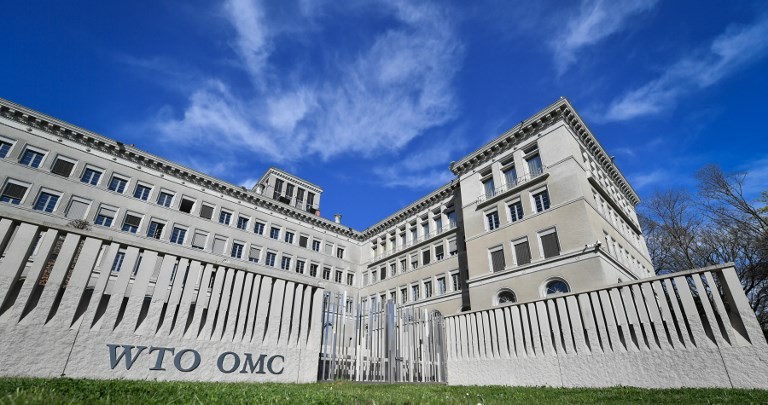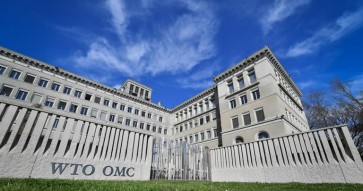Popular Reads
Top Results
Can't find what you're looking for?
View all search resultsPopular Reads
Top Results
Can't find what you're looking for?
View all search resultsToday’s multilateral trade system: Fix it or nix it?
Change text size
Gift Premium Articles
to Anyone
T
he Geneva-based World Trade Organization faces serious challenges to its legitimacy and effectiveness amid increasing criticism over its important functions of handling trade disputes and monitoring national trade policies.
Often hailed as the “jewel in the crown” of the WTO, the WTO dispute settlement system is one of the most active of its kind. It is a system in which every member can have its day in court and in which every member is treated as equal before the law. The rules-based WTO dispute settlement framework affords smaller countries such as Antigua a more level playing field to bring disputes against large developed economies, like the United States. Indonesia has become an increasingly active user of WTO dispute settlement to defend its trade interests. For example, the country challenged the European Union’s antidumping duties on Indonesian biodiesel exports to the EU, and the WTO ruled, largely, in Indonesia’s favor in 2018.
In general, the WTO dispute settlement process calls first for consultation between disputing parties, then rules on disputes through ad-hoc panels, the decisions of which can be appealed through the standing Appellate Body composed of seven members. Three of the seven Appellate Body members are to serve on each appeal. The decisions of the Appellate Body are final and binding.
While the WTO dispute settlement system has resolved a remarkable number of trade disputes, it is still far from perfect.
The US notably has long criticized the perceived judicial overreach of the WTO Appellate Body and its frequent failure to meet the 90-day deadline to produce reports provided by WTO members in the dispute settlement understanding (DSU). The growing concern today is that the US has vetoed the appointment of new Appellate Body members. If WTO members cannot resolve this problem and the impasse continues, the appeal stage of the WTO dispute settlement may become inoperable by the end of December, when the number of Appellate Body members will fall below the requisite three to adjudicate disputes.
Another concern relates to the WTO’s monitoring mechanism that is claimed to not function properly, as members, including major economies, fail to notify and provide transparency over their measures related to sanitary and phytosanitary, technical barriers to trade and trade remedies. Thus, some actions impacting trade that tilt the playing field often go under the radar, because countries fail to notify the WTO in a timely manner.
The unclear definition of the term development within the WTO has often stirred criticism, as developed countries have raised concern regarding the status of large economies like China, India and Brazil as “developing countries”, enabling them to enjoy special treatment under WTO rules.


















